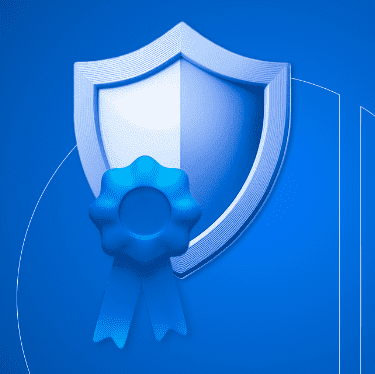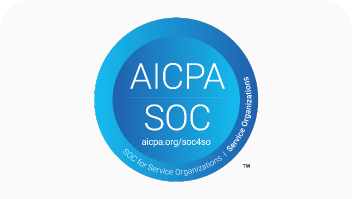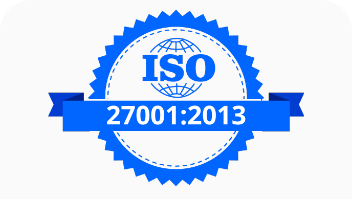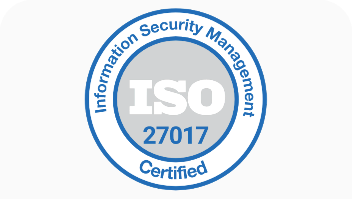Category 5: Targeting/Advertising Cookies
We use tracking and targeting cookies, or ask other companies to do so on our behalf, to send you emails and show you online advertising, which meet your business and professional interests. If you have registered on our websites, we may send you emails, tailored to reflect the interests you have shown during your visits.
We ask third-party advertising platforms and technology companies to show you our ads after you leave our sites (retargeting technology). This technology allows us to make our website services more interesting for you. Retargeting cookies are used to record anonymized movement patterns on a website. These patterns are used to tailor banner advertisements to your interests. The data used for retargeting is completely anonymous, and is only used for statistical analysis. No personal data is stored, and the use of the retargeting technology is subject to the applicable statutory data protection regulations.
We also work with companies to reach people who have not visited our sites. These companies do not identify you as an individual, instead rely on a variety of other data to show you advertisements, for example, behavior across websites, information about individual devices, and, in some cases, IP addresses.
Please refer below table to understand how these third-party websites collect and use information on our behalf and read more about their opt out options.









